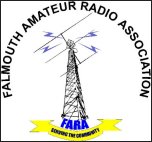 Eastern Massachusetts Section Manager Tom Walsh, K1TW, writes on the ARRL Members Only mailing list on November 21, 2019 at 7:09 PM:
Eastern Massachusetts Section Manager Tom Walsh, K1TW, writes on the ARRL Members Only mailing list on November 21, 2019 at 7:09 PM:
The outpouring of concern statewide from the Amateur Radio Community regarding the impact of the Distracted Driving Law has gotten the attention of our Legislators on Beacon Hill in Boston. Ray, KB1LRL, and Tom, K1TW, wish to thank all the ARRL members in both Western and Eastern Massachusetts who communicated our concerns so effectively as a community to the Senators and Representatives and staff across the Commonwealth of Massachusetts.
This afternoon Tom Walsh, K1TW, Eastern Massachusetts Section Manager was contacted by the General Counsel of the Joint Committee on Transportation. After discussing these concerns, Ray and Tom were asked to convey the following guidance to our members in both Eastern and Western Massachusetts sections. This guidance is intended to assure everyone that the new law “permits use of a “federally licensed 2–way radio” provided that “1 hand remains on the steering wheel at all times.”. Clearly this is good news.
We are pleased to receive this opinion in writing which states “that a person may operate a motor vehicle while using a federally licensed 2–way radio or mobile telephone, except as provided in sections 8M, 12A and 13B, as long as 1 hand remains on the steering wheel at all times”.
This statement above appears in the first sentence of Section 13, of the Massachusetts General Laws as referenced in the final bill.
Below is the full text as received today from the General Counsel of the Joint Committee on Transportation. It is the best clarification we have in writing at this point that the law will not apply to a 2-way mobile radio operation.
Ray Lajoie, KB1LRL,
ARRL Section Manager Western Massachusetts
Tom Walsh, K1TW
ARRL Section Manager Eastern Massachusetts
—
COMMUNICATION RECEIVED FROM:
General Counsel of the Joint Committee on Transportation.
Thank you very much for the chance to speak earlier concerning H4203, the distracted driving legislation that is now before the Governor. It is the Committee’s view that the legislation does not alter, amend or limit existing language in section 13 of chapter 90 of the General Laws that expressly permits use of a “federally licensed 2–way radio” provided that “1 hand remains on the steering wheel at all times.” I have reproduced GL 90:13 below and highlighted the relevant provision.
Section 13: Safety precautions for proper operation and parking of vehicles and buses Section 13. No person, when operating a motor vehicle, shall permit to be on or in the vehicle or on or about his person anything which may interfere with or impede the proper operation of the vehicle or any equipment by which the vehicle is operator or controlled, except that a person may operate a motor vehicle while using a federally licensed 2–way radio or mobile telephone, except as provided in sections 8M, 12A and 13B, as long as 1 hand remains on the steering wheel at all times. No person having control or charge of a motor vehicle, except a person having control or charge of a police, fire or other emergency vehicle in the course of responding to an emergency or a person having control or charge of a motor vehicle while engaged in the delivery or acceptance of goods, wares or merchandise for which the vehicle’s engine power is necessary for the loading or unloading of such goods, wares or merchandise, shall allow such vehicle to stand in any way and remain unattended without stopping the engine of said vehicle, effectively setting the brakes thereof or making it fast, and locking and removing the key from the locking device and from the vehicle. Whenever a bus having a seating capacity of more than seven passengers, a truck weighing, unloaded, more than four thousand pounds, or a tractor, trailer, semi-trailer or combination thereof, shall be parked on a way, on a grade sufficient to cause such vehicle to move of its own momentum, and is left unattended by the operator, one pair of adequate wheel safety chock blocks shall be securely placed against the rear wheels of such vehicle so as to prevent movement thereof. The provisions of the preceding sentence shall not apply to a vehicle equipped with positive spring-loaded air parking brakes. No person shall drive any motor vehicle equipped with any television viewer, screen or other means of visually receiving a television broadcast which is located in the motor vehicle at any point forward of the back of the driver’s seat, or which is visible to the driver while operating such motor vehicle. Whoever operates a motorcycle on the ways of the commonwealth shall ride only upon the permanent and regular seat attached thereto, and he shall not carry any other person, nor allow any other person to ride, on such motorcycle unless it is designed to carry more than one person, in which case a passenger may ride upon the permanent and regular seat if such seat is designed for two persons, or upon another seat which is intended for a passenger and is firmly attached to the motorcycle to the rear of the operator if proper foot rests are provided for the passenger’s use, or upon a seat which is intended for a passenger and is firmly attached to the motorcycle in a side car. No person shall operate a motor vehicle, commonly known as a pick-up truck, nor shall the owner permit it to be operated, for a distance more than five-miles, in excess of five-miles per hour, with persons under twelve years of age in the body of such truck, unless such truck is part of an official parade, or has affixed to it a legal ”Owner Repair” or ”Farm” license plate or a pick-up truck engaged in farming activities. No person, except firefighters or garbage collectors, or operators of fire trucks or garbage trucks, or employees of public utility companies, acting pursuant to and during the course of their duties, or such other persons exempted by regulation from the application of this section or by limited application by special permit granted by the selectmen in a town or of the city council in a city, shall hang onto the outside of, or the rear-end of any vehicle, and no person on a pedacycle, motorcycle, roller skates, sled, or any similar device, shall hold fast or attach the device to any moving vehicle, and no operator of a motor vehicle shall knowingly permit any person to hang onto or ride on the outside or rear-end of the vehicle or streetcar, or allow any person on a pedacycle, motorcycle, roller skates, sled, or any similar device, to hold fast or attach the device to the motor vehicle operated on any highway. No person or persons, except firefighters acting pursuant to their official duties, or a person exempted by regulation from the application of this section or by application by special permit granted by the board of selectmen in a town or by the city council in a city, shall occupy a trailer or semi-trailer while such trailer or semi-trailer is being towed, pushed or drawn or is otherwise in motion upon any way. No person shall operate a motor vehicle while wearing headphones, unless said headphones are used for communication in connection with controlling the course or movement of said vehicle.
General Counsel Joint Committee on Transportation
State House Room 134 Boston, MA 02133
——————————————————————–
ARRL Eastern Massachusetts Section
Section Manager: Thomas D Walsh, K1TW
k1tw@arrl.org
——————————————————————–
 from nediv.arrl.org:
from nediv.arrl.org: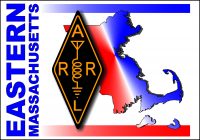
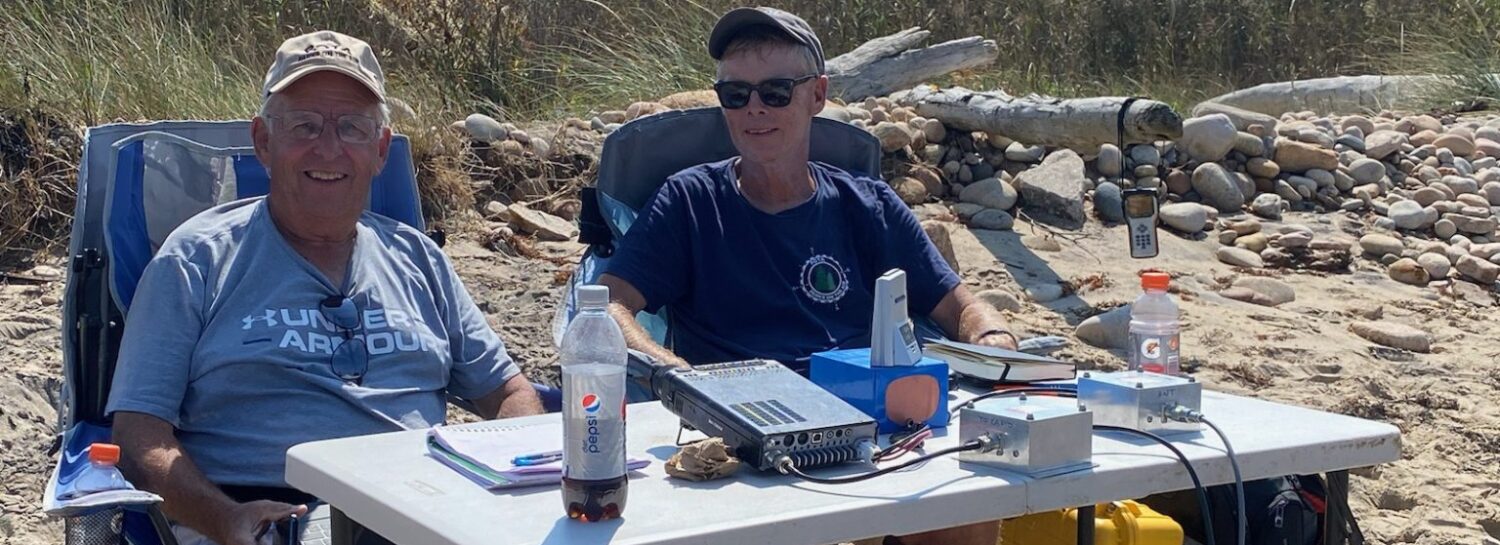
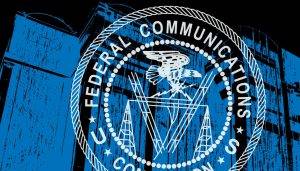

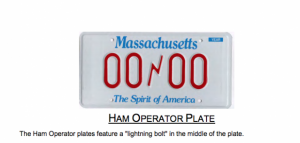
 Phil Temples, K9HI, received the following email on November 5, 2020 from Phyllis Burke, a supervisor employed by the Massachusetts Registry of Motor Vehicles in response to his question about the status of his ham radio license plate order:
Phil Temples, K9HI, received the following email on November 5, 2020 from Phyllis Burke, a supervisor employed by the Massachusetts Registry of Motor Vehicles in response to his question about the status of his ham radio license plate order: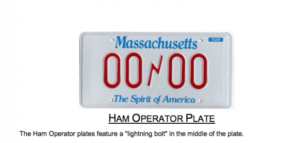 From EMA ARRL Section News, September 30, 2020:
From EMA ARRL Section News, September 30, 2020: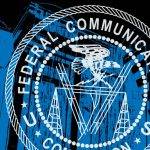

 Eastern Massachusetts Section Manager Tom Walsh, K1TW, writes on the ARRL Members Only mailing list on November 21, 2019 at 7:09 PM:
Eastern Massachusetts Section Manager Tom Walsh, K1TW, writes on the ARRL Members Only mailing list on November 21, 2019 at 7:09 PM: